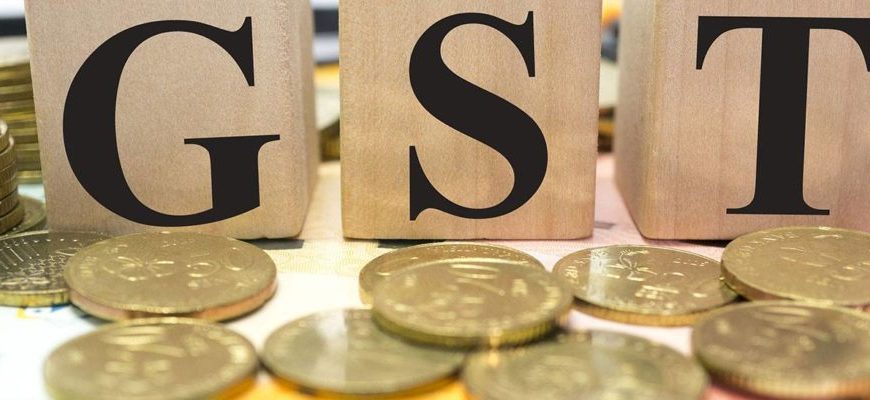
There are many direct and indirect taxes on goods/services in india, right from its manufacture to its sale and eventual consumption, both at central and state levels, thereby unrealistically increasing cost to the end user.
To mitigate this burden, the Central Government proposed the Goods and Services Tax (GST). GST combines central excise duty, additional excise duty, service tax, state VAT & entertainment taxes under one banner.
Goods and Services Tax (GST) was introduced as a Constitutional Amendment bill in the Lok Sabha on 19 th December 2014 and passed by the house on 6th May 2015. However, it took more than a year for the Rajya Sabha to pass this on 3rd August 2016. The bill after ratifications by the states received the Presidential assent on 9th September 2016. GST is expected to come into force by 1st July 2017.
Implementation of the Goods and Services Tax (GST) will have a significant impact on the real estate sector, where, a property under construction, is taxed under VAT and Service Tax. The Goods and Services Tax (GST) will replace all these with a single tax, which shall, in the long run, reduce the overall cost of home ownership. The stamp duty and registration fees, however, will be outside the purview of the Goods and Services Tax (GST).
Latest Developments- In March 2017, the GST council, which met in the national capital, approved the State GST (SGST) and the Union Territory GST (UTGST) bills. The bills will now have to be cleared by Parliament and state assemblies.
The GST Council has approved rules and regulations on registration, payments, refund, invoice and returns. The council will meet again on March 31 to approve regulations on composition, valuation, input tax credit, and transitions. The Finance Minister exuded hope that Goods and Services Tax (GST) could be rolled out by 1st July 2017.
To know more about how GST can be applicable to your business feel free to contact us at leometric.com

Pros of GST bill :
• GST is a transparent tax and also reduce number of indirect taxes.With GST implemented a business premises can show the tax applied in the sales invoice.
•GST will not be a cost to registered retailers therefore there will be no hidden taxes andand the cost of doing business will be lower.
•Benefit people as prices will come downwhich in turn will help companies as consumption will increase.
•There is no doubt that in production and distribution of goods, services are increasingly used or consumed and vice versa. Separate taxes for goods and services, which is the present taxation system, requires division of transaction values into value of goods and services for taxation, leading to greater complications, administration, including compliances costs. In the GST system, when all the taxes are integrated, it would make possible the taxation burden to be split equitably between manufacturing and services.
•GST will be levied only at the final destination of consumption based on VAT principle and not at various points (from manufacturing to retail outlets). This will help in removing economic distortions and bring about development of a common national market.
• It will also help to build a transparent and corruption free tax administration.Presently, a tax is levied on when a finished product moves out from a factory, which is paid by the manufacturer, and it is again levied at the retail outlet when sold.
Benefit of GST for the Centre and the States
According to experts, by implementing the GST, India will gain $15 billion a year. This is because, it will promote more exports, create more employment opportunities and boost growth. It will divide the burden of tax between manufacturing and services.
Benefit of GST for individuals and companies
In the GST system, taxes for both Centre and State will be collected at the point of sale. Both will be charged on the manufacturing cost. Individuals will be benefited by this as prices are likely to come down and lower prices mean more consumption, and more consumption means more production, thereby helping in the growth of the companies.
Some of Disadvantages/Cons of GST in India are given below
• Some Economist say that GST in India would impact negatively on the real estate market. It would add up to 8 percent to the cost of new homes and reduce demand by about 12 percent.
•Some Economist says that CGST(Central GST), SGST(State GST) are nothing but new names for Central Excise/Service Tax, VAT and CST.
To know more about how GST can be applicable to your business feel free to contact us at leometric.comm
